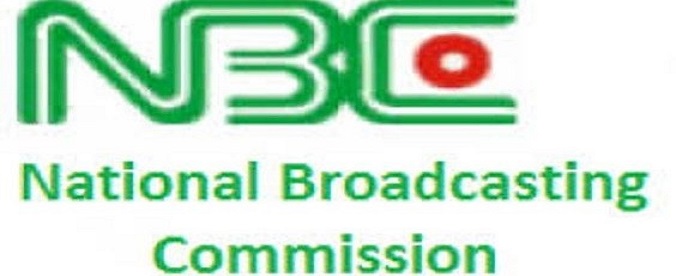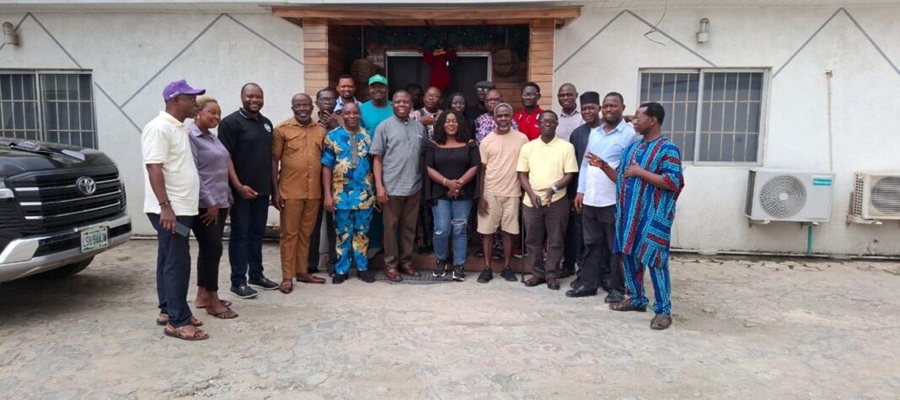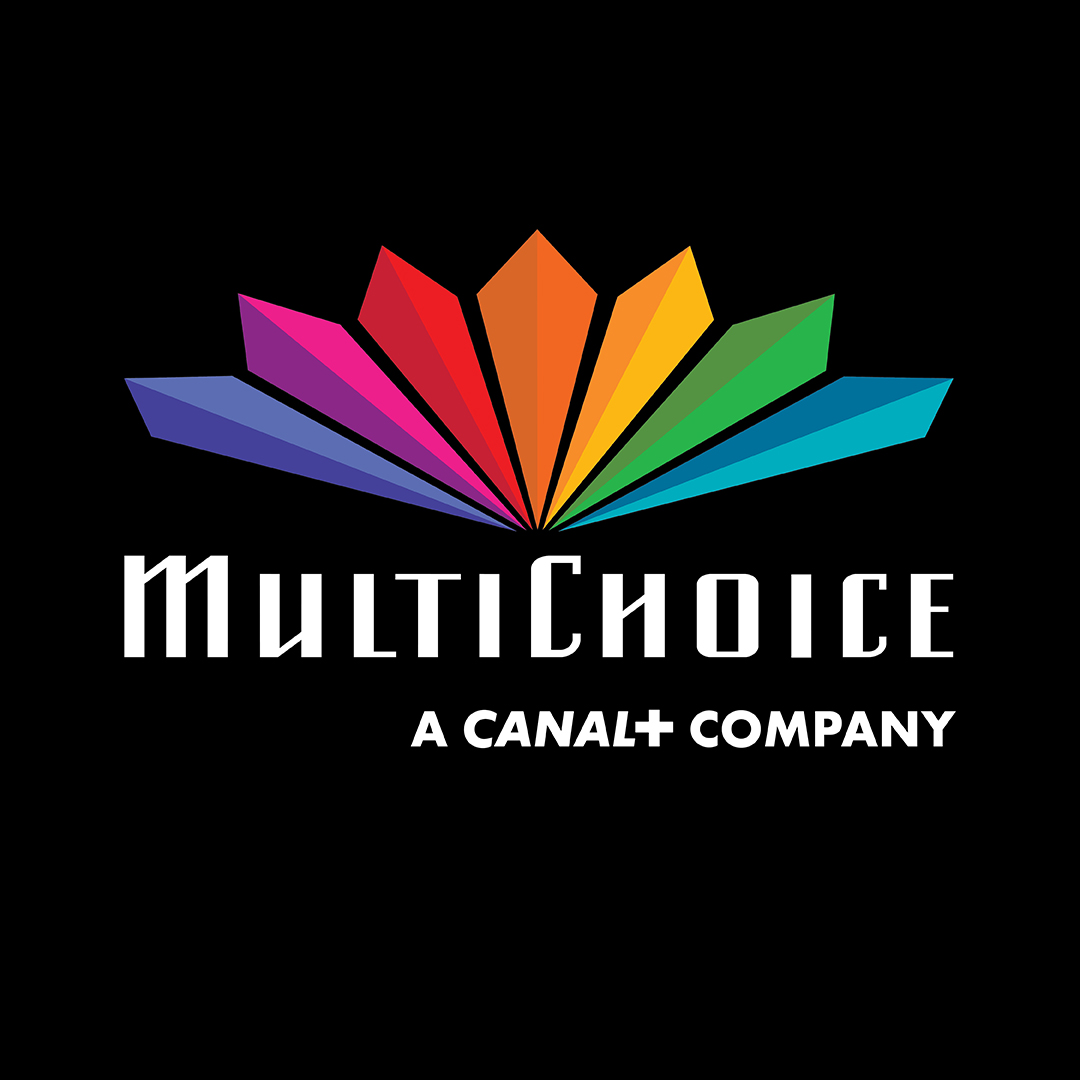Broadcasting
Lack for Funding Hobbles Digital Switch Over

The implementation of the Digital Switch Over (DSO) from analogue television broadcasts in the country has been hobbled by the non-release of funding by the federal government to the National Broadcasting Commission (NBC).
This is despite the many advantages of the Digital Switch Over including increased revenue generation to the federal government as well as allowing the consumer to choose from multiple methods of receiving television signals at multiple resolutions through a variety of media.
According to Mr. Salihu Bamidele, leader of NBC team, while inspecting facilities at Gospell Digital Technology (GDT) factory at Calabar Free Trade Zone in Calabar, Cross Rivers State, lack of funding has slowed down the DSO.
“We have done six states and there are more to it. There are some funds to pay some people who have worked before they can do more into it. There are other administrative paper works to be done which we are battling with.
“But as soon as we are able to sort that out as a regulator, it does not take anything for us to release the timetable because we know that by now, we are far behind. I appeal to the operators to work together as a team. Satellite providers have to come together and let us have one voice. They have all to be on the same page and that is part of the delay. The differences we have are administrative differences.”
On when the DSO will take off fully with all the television stations in the country, he further said: “We cannot give any assurance because it involves funds and the NBC does not have the funds and that is why we are appealing to the Federal Government to yield to NBC’s demand so that they can get this thing done. We do not have the money. The money is in billions.
“The white paper is the guideline that guides the operations of the DSO. So, we are trying to make sure that the Act establishing the NBC is reviewed so as to give it a legislative backing. Now, what we have is just the white paper, which is the guideline we are working with. So, you can see all kinds of bottlenecks here and there. But if we are on the same page with the press and everybody, we can get this thing done easily. We don’t have legislation”.
The leader of the NBC team had declined to disclose the total figure they needed for full take off but Sir Godfrey Ohuabunwa, group managing director of GDT, put the total figure NBC needs at N45 billion and only N15 billion had been approved but not released yet.
Ohuabunwa charged the Federal Government to expedite action in the release of funds to management of NBC for take off of DSO and the release of a specific time-table that will unveil the commission’s plan regarding switch over from analog to digital broadcasting.
He warned that if the Federal Government and the NBC continue to delay the full take off of the DSO, his company alone risks the chance of “losing a total amount of $50 million given the amount of efforts invested in the project” so far.
Broadcasting
Tim Akano Recounts 20-Year Growth, Media Support at NITRA End-of-Year Meet

Mr. Tim Akano, New Horizons Chief Executive Officer, took centre stage at the Nigerian Information Technology Reporters’ Association (NITRA) annual end-of-year meeting on Thursday, December 18, 2025, recounting the company’s remarkable growth and reaffirming free IT training for journalists.

Tim Akano, New Horizons Chief Executive Officer, in a group photograph with NITRA Members
Speaking directly to IT media members at the company’s training facility in Lagos, Akano acknowledged the critical role journalists played in supporting New Horizons during its formative years two decades ago.
He detailed how the firm evolved from a handful of staff to one of Africa’s leading ICT skills training organisations, now employing about 500 staff across multiple training centres nationwide.
Akano Spotlights Youth Training, University Partnerships
Akano highlighted that New Horizons has trained over 500,000 youths, particularly tertiary institution students, equipping them with practical IT skills essential for Nigeria’s digital economy.
He announced recent partnerships with universities, including a new agreement with Afe Babalola University, to scale hands-on training programmes for students.
“This growth would not have been possible without the media’s support in documenting our journey,” Akano stated, pledging continued free IT skills training for media members to remain competitive in the evolving digital landscape.
Reciprocal Support Defines Long-Standing Partnership
The venue hosting the NITRA meeting underscored Akano’s generosity; NITRA Secretary Chidiebere Nwankwo secured the free facility after contacting him—a gesture consistent with New Horizons hosting multiple association events and training IT journalists since its inception 20 years ago.
Participants shared personal testimonies of Akano’s support, including veteran journalist Aaron Ukodie, whose daughter—an Accounting graduate from the University of Johannesburg—received NYSC placement and IT scholarship at New Horizons.
The Guardian’s Yemi Adeyemi recounted Akano accommodating his editor’s child for mandatory IT training after other firms declined.
Members praised Akano’s commitment to human capital development as evidence of deep appreciation for the media community that chronicled New Horizons’ success over two decades.
Broadcasting
NIMC rolls out Pre-Enrolment Portal for seamless NIN registration

National Identity Management Commission (NIMC) has launched the NIMC Pre-Enrolment Portal to revolutionise the National Identification Number (NIN) enrolment process, enabling applicants within Nigeria and in the Diaspora to capture biodata online prior to biometric verification at enrolment centres.

NIMC
Accessible via penrol.nimc.gov.ng, the platform allows users to fill enrolment forms, schedule appointments, upload supporting documents securely, and manage personal details directly, thereby slashing congestion, minimising wait times, boosting data accuracy and enhancing overall service efficiency at centres nationwide.
NIMC Director-General and CEO, Engr. (Dr) Abisoye Coker-Odusote, spearheaded the initiative as part of the Commission’s technology-driven strategy to fortify institutional performance, aligning with President Bola Ahmed Tinubu’s Renewed Hope Agenda that emphasises digital transformation, efficient public service delivery and inclusive national development.
Dr Kayode Adegoke, Head of Corporate Communications, highlighted key benefits including simplified biodata handling, confidential data protection through robust security measures, reduced physical centre visits and heightened operational effectiveness, urging all prospective enrollees to adopt the portal for a faster, citizen-friendly experience.[conversation_history]
The move underscores NIMC’s mandate under the NIMC Act No. 23 of 2007 to manage the National Identity Database, issue NINs and foster a reliable digital identity ecosystem vital for national planning, with users advised to complete pre-enrolment online before heading to selected centres for biometrics.
Broadcasting
MultiChoice Talent Factory Calls for Entries Into Fully Funded Film Training Programme

MultiChoice Talent Factory (MTF), a Pan-African film and television training institution, has announced the opening of applications for its 2026 intake.

MultiChoice
The fully funded programme is open to African graduates aspiring to become directors, filmmakers, scriptwriters, producers and storytellers.
According to MultiChoice, the nine-month accredited curriculum combines online learning with intensive in-person training, and is designed to balance theoretical knowledge with practical immersion.
MTF academies are located in Kenya, Nigeria and Zambia, and serve aspiring filmmakers from 14 African countries. Since its inception in 2018, the initiative has trained 296 filmmakers, with graduates producing more than 42 movies aired on DStv, GOtv and Showmax platforms.
Organisers said alumni of the programme have gone on to establish over 50 production companies, while many continue to work within the MultiChoice ecosystem.
Graduates have also won accolades at the Africa Magic Viewers’ Choice Awards, Kalasha Awards, Uganda Film Festival and Women in Film Awards.
Applications for the 2026 intake close on Feb. 27, 2026. Interested candidates can visit https://apo-opa.co/3XW53oE for programme requirements.

 News3 days ago
News3 days agoFIRS Declares NIN, CAC Numbers as Tax IDs from 2026

 E-Financial3 days ago
E-Financial3 days agoWorld Bank Reveals Obstacles to Growth of Mobile Money Accounts in Sub-Saharan Africa

 Telecom3 days ago
Telecom3 days agoNCC Ranked Among Top 3 MDAs for Best Website Performance in 2025

 Telecom2 days ago
Telecom2 days agoNigeria’s Internet Usage Hits 1.24m Terabytes – NCC

 E-Financial14 hours ago
E-Financial14 hours agoBanks quietly move to enforce new ₦50 transfer levy from Jan. 1

 General News14 hours ago
General News14 hours agoEcobank Guarantees Seamless Digital Banking Services Throughout the Christmas and Year-End Period

 News1 hour ago
News1 hour agoHow Moniepoint’s Founders, Tosin Eniolorunda and Felix Ike are Redefining African Tech and Finance




















